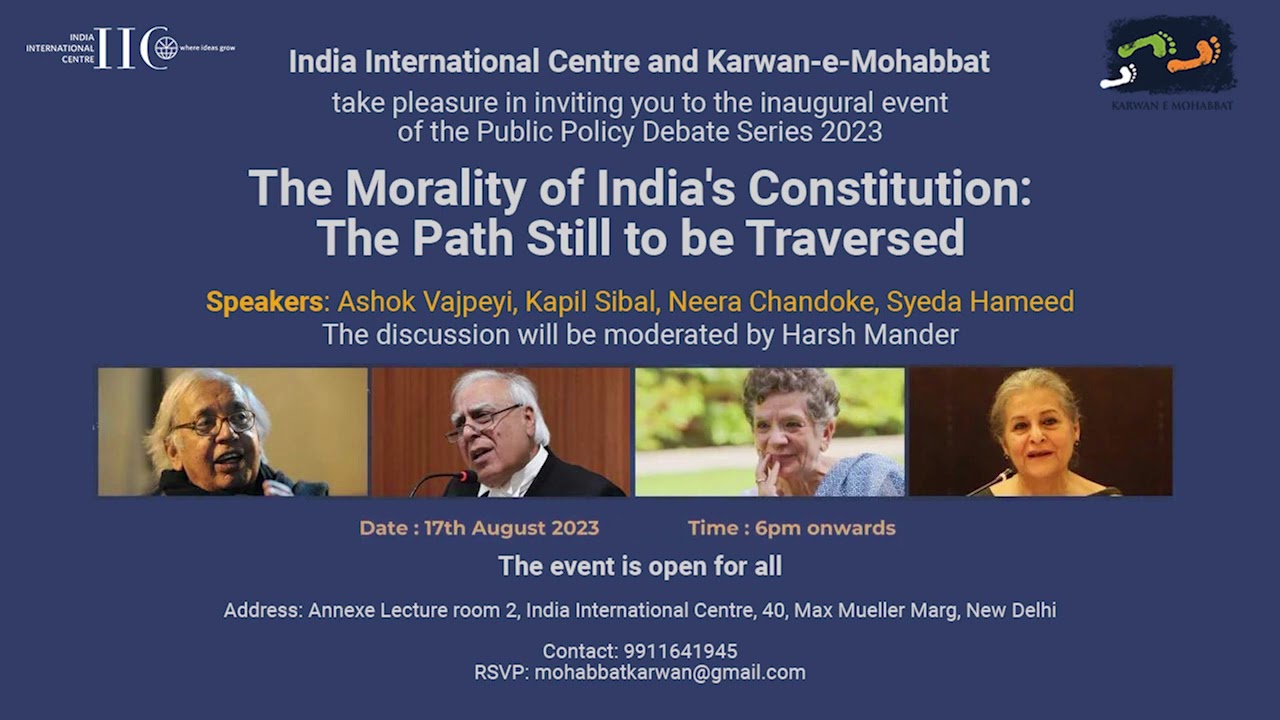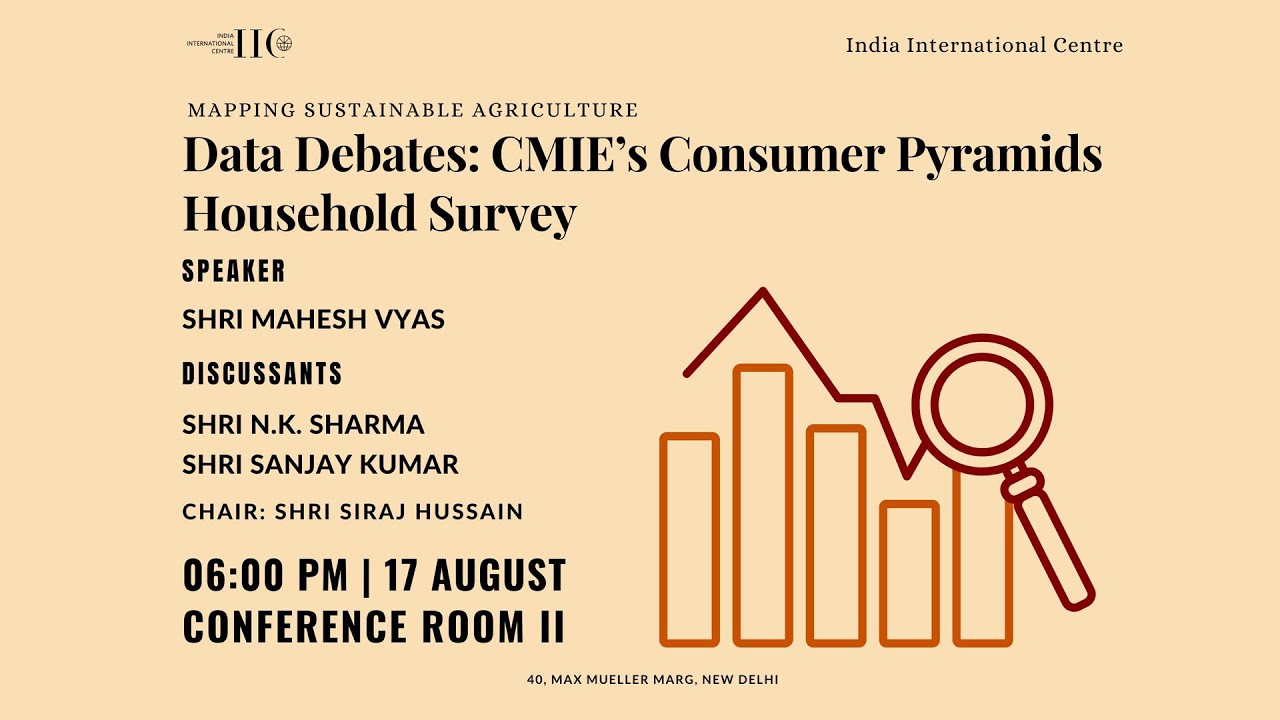FRONTIERS OF HISTORY
“There was Once a City by this Name”: Shahjahanabad before 1857
Illustrated lecture by Swapna Liddle, author and historian with specialization in the history of Delhi. Closely involved in the movement to preserve heritage monuments and sites. Dr. Liddle is associated with the Delhi Chapter of the Indian National Trust for Art and Cultural Heritage (INTACH)
Chair: Shubham Mishra
The talk will discuss, mainly in the context of cartographic evidence, the city of Shahjahanabad as it was before dramatic changes in the aftermath of the revolt of 1857, and the implications of those changes












